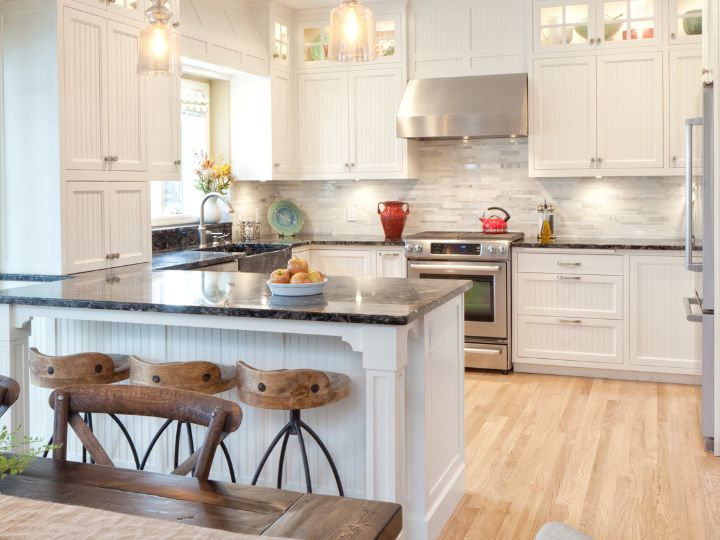
How to Finance Your Grand Rapids Basement Remodel

Remodeling your basement can significantly enhance the functionality and value of your Grand Rapids home. However, securing the right financing is crucial to ensure your project is completed smoothly and within budget. This guide explores various financing options for basement remodeling in Grand Rapids, helping you choose the best solution for your needs.
1. Home Equity Loans
Home equity loans are a popular financing option for basement remodels, offering several advantages:
Fixed Interest Rates:
Home equity loans typically come with fixed interest rates, providing predictable monthly payments and stability throughout your repayment term.
Larger Loan Amounts:
These loans allow you to borrow a substantial amount, often up to 80-85% of your home’s equity, making them suitable for larger remodeling projects.
Tax Deductibility:
Interest on home equity loans may be tax-deductible, potentially offering additional savings on your remodel.
2. Home Equity Lines of Credit (HELOC)
A Home Equity Line of Credit (HELOC) offers flexibility and access to funds as needed:
Revolving Credit:
HELOCs function as a revolving line of credit, allowing you to borrow and repay funds multiple times during the draw period.
Variable Interest Rates:
Unlike fixed-rate loans, HELOCs generally have variable interest rates, which can fluctuate based on market conditions.
Interest-Only Payments:
During the draw period, you may only be required to make interest payments, which can reduce your initial monthly expenses.
3. Personal Loans
Personal loans are an option for those who prefer unsecured financing:
Unsecured Financing:
Personal loans do not require collateral, making them accessible if you don’t have significant home equity.
Fixed or Variable Rates:
These loans may offer fixed or variable interest rates, so you can choose based on your preference for payment stability.
Flexible Terms:
Personal loans come with varying term lengths, allowing you to select a repayment period that suits your financial situation.

4. Credit Cards
Using credit cards for remodeling expenses can be practical for smaller projects:
Convenient Access:
Credit cards provide immediate access to funds, making them a convenient option for smaller remodeling costs or unforeseen expenses.
Rewards and Benefits:
Many credit cards offer rewards or cash back on purchases, which can provide additional financial benefits.
High-Interest Rates:
Credit cards often have high-interest rates, so it’s important to manage payments carefully to avoid accumulating debt.
5. Government and Grant Programs
Explore local and federal programs that may offer financial assistance for remodeling:
FHA 203(k) Loans:
The Federal Housing Administration (FHA) offers 203(k) loans specifically for home improvements. These loans can be used to finance both the purchase and renovation of a property.
Energy Efficiency Grants:
Certain grants are available for energy-efficient upgrades, which can help offset some of the costs associated with remodeling projects.
Local Assistance Programs:
Check with local Grand Rapids organizations or community development programs for additional funding options or assistance.
Latest Blogs
DON'T JUST DREAM ABOUT IT, MAKE IT YOUR REALITY.
Book a free 15-minute call to discuss your vision and needs. Let’s bring your dream space to life!

.svg)
.svg)


